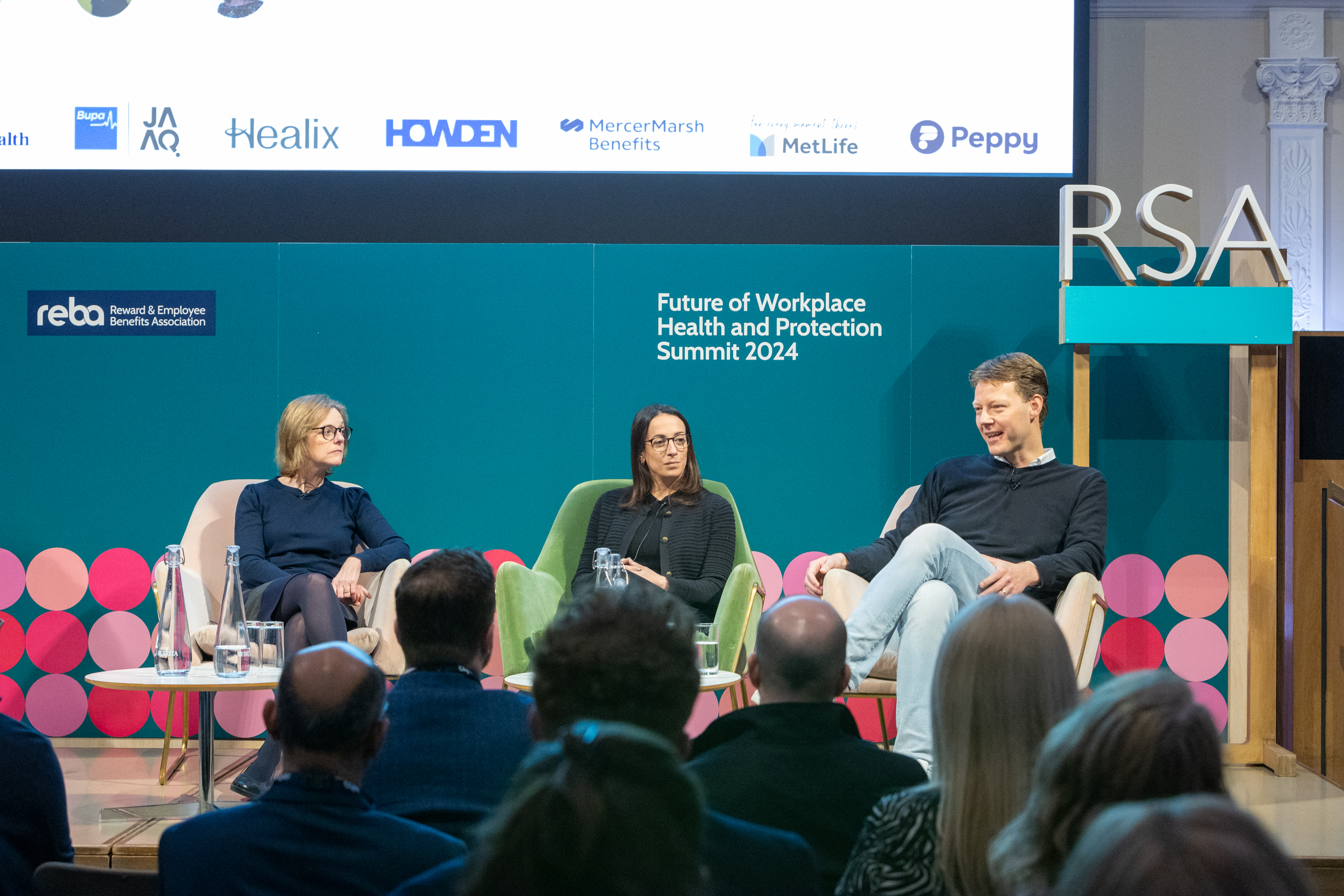How employers are mitigating the rising costs of employer-funded healthcare
In the face of rising insurance costs and the increasing health risks associated with an ageing workforce, employers are being forced to rethink and redesign their workforce health benefits.
REBA’s Future of Workplace Health & Protection Summit was held earlier this month (6 March) in London, and featured a series of panels covering the changing state of the health and protection market.
The event was under Chatham House rules, but we’ve spoken to some of the panellists about how their organisations are mitigating the rising costs of employer-funded healthcare.
Analysing the health impact score at DHL
Logistics company DHL has been working on its health risk management approach since 2015 and now localises its healthcare offering dependent on region.
Dana Citron, director, global health and wellbeing at DHL, says: “Our global health and wellbeing programme operates on a four pillar global framework: organisational culture, prevention and screening, behavioural change, and disease and condition management. This supports local business operations to implement programmes based on the needs of their workforce.
“The local business units within DHL submit their initiatives and they are reviewed based on a health impact scoring system.
“Each year, their achievement is translated into an underwriting discount for the following year's health insurance premium.
“This discount, ranging from 5% to 20%, reflects the positive changes in the health risk profile of the population and helps finance local health and wellbeing initiatives.
“To optimise the health impact of our programmes, we emphasise how these are communicated, promoted to individuals, and most importantly, evaluated at the local level. This approach is part of our continuous improvement cycle, ensuring that our programmes are not only effective but also responsive to the evolving needs of our diverse workforce.”
Leveraging data-driven prevention at Heineken
Rogier Bouwman, global pensions and benefits manager, Heineken, says the drink company is focussing on data-driven prevention and awareness programmes.
He says: “This makes our employees healthier, reduces sick leave and lowers medical claims. We want to ensure our employees get the right medical attention when needed, but if these medical situations can be avoided via better prevention and awareness programmes it is a win-win situation.
“Of course this is easier said than done, and getting access to the right level of data is in most markets very difficult. So there’s plenty of opportunities for further improvements.”
Costain prioritises effectiveness and equity
Construction engineering company Costain is prioritising building a healthcare scheme which ensures employees receive treatment quicky rather than relying on NHS waiting lists.
Rosie Lacey, head of pensions and benefits at Costain Group, says: “With the rising cost of provision…we want to be able to decide what this scheme covers so that we can provide treatment for the maximum number of colleagues.
“Funds are finite so this might mean that we don’t offer the most expensive cancer treatments. We are also looking at how we can perhaps use cash plans as a part of the healthcare offering. This means employees can offset some of the costs of limits that we may need to include in the healthcare plan to control increases in premiums.
“In an ideal world the healthcare plan would complement the treatments and services that are available under the NHS, but that world has changed.”







